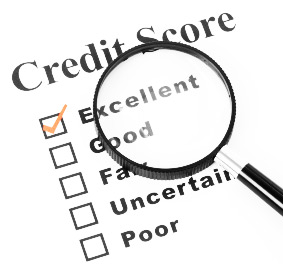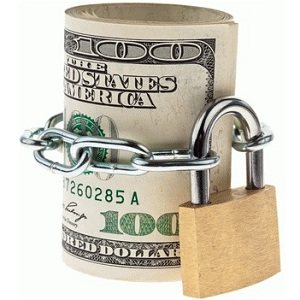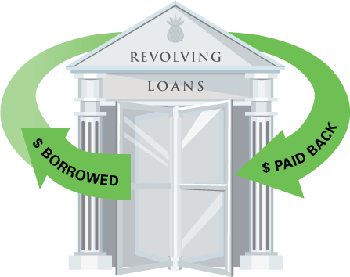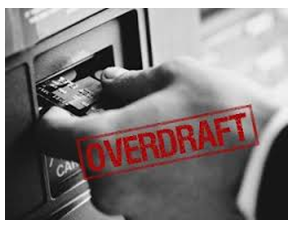Applying for a home loan is often a long, drawn-out process that needs to be carefully deliberated. Whether you are a first timer looking to settle down in a cozy home or an experienced investor, there are many concerns that need to be considered in order to get the best deal out of your mortgage. It is vital that hopeful home owners are able to get the loan that suits their needs as this could make all the difference between helping you save your hard earned money or losing it. As for investors, the right loan goes a long way towards facilitating them to build up a profitable property portfolio. In order to avoid any costly mistakes, we’ve put together a mini guide to help you make sure that you have the right financing for your property.
Getting a bigger amount than necessary
Banks usually hand out loans based on your credit history and will be able to gauge the maximum amount that you are able to borrow. However, this can be a risky trap to fall into as property buyers are inclined to go over their budget and borrow an amount that is more than what they need. Borrowers need to do proper research on the property that they wish to purchase and aim for the types that are in their price range. Establish that the loan amount is well within the budget range so that when it comes to making monthly repayments, you won’t be paying for unnecessary interest and putting a burden on your monthly cash flow.
Insufficient financial planning
Buying a house is all about how you manage your daily finances. Do you have the means to go about your usual lifestyle while still managing to meet the monthly schedule? If the answer is yes, then you’re on the right track. Many people do not keep track of their expenses when their monthly salary is out which can lead to problems further down the road. Another example would be putting an unsatisfactory amount in to the deposit. If your savings only allows you to put in a small deposit, banks will usually evaluate you as a high risk loan and there will be additional charges incurred such as higher interest rates. The extra leverage that a bigger deposit gives is that you can have your pick of lenders which can offer you competitive packages.
Listening to your heart, not your head
Human beings are generally creatures controlled by their emotions and it is applicable to house hunting as well. There is an abundance of housing options readily available but you must learn to choose wisely and rationally. This is in essence a big investment that will directly influence your future so it will be hard not to be emotionally invested when making a decision. A good way to keep on track is to prioritize the most crucial factors that you want in your house. For example, you might only want a certain location and size of the house. Listing your specifications can help you to narrow down your selections and find the best fit for you. Engaging the service of professional services such as real estate agents which will do the legwork for you can be beneficial too.
No black-and-white proof
So you’ve discussed all the finer details and gotten a verbal agreement. The next step is to always make sure that you get the same agreement in writing. While verbal agreements may seem trustworthy enough, you never know when things may get ugly as it is widely known that verbal agreements are hard to prove. If you’re discussing on better terms for your loan, get your loan officer to make the necessary changes in the contract before signing. If you’ve requested for some replacements from the property agent, ensure they follow through and everything is stated in black-and-white. Sometimes there may be miscommunications between you and the bank or property agents and after the property is in your name, you will have to be responsible for all repairs and payments. After all, it’s always better to be safe than sorry.
Not enough research done
We can’t stress this enough. Doing due diligence on the property, the loan terms and even the bank itself will save you a lot of time and money in the long run. Once you educate yourself, you will have the leverage to negotiate for better loan terms, prices or even request for additional benefits to be added to the house. Make time to fully understand all the minor details in your contracts and if you have doubts, make a note to ask for answers. Never sign documents that you are not sure about and always ask for clarification if there is anything that does not seem clear to you.

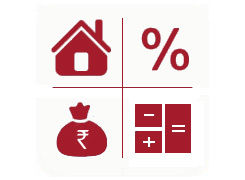




 Available Loan Amount (Photo credit: westernmortgageloan.wordpress.com)
Available Loan Amount (Photo credit: westernmortgageloan.wordpress.com) Terms & Conditions (Photo credit: telegraph.co.uk)
Terms & Conditions (Photo credit: telegraph.co.uk)
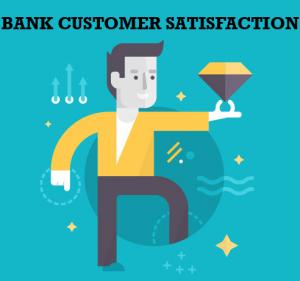 Satisfaction with Bank (Photo credit: csbcorrespondent.com)
Satisfaction with Bank (Photo credit: csbcorrespondent.com)



